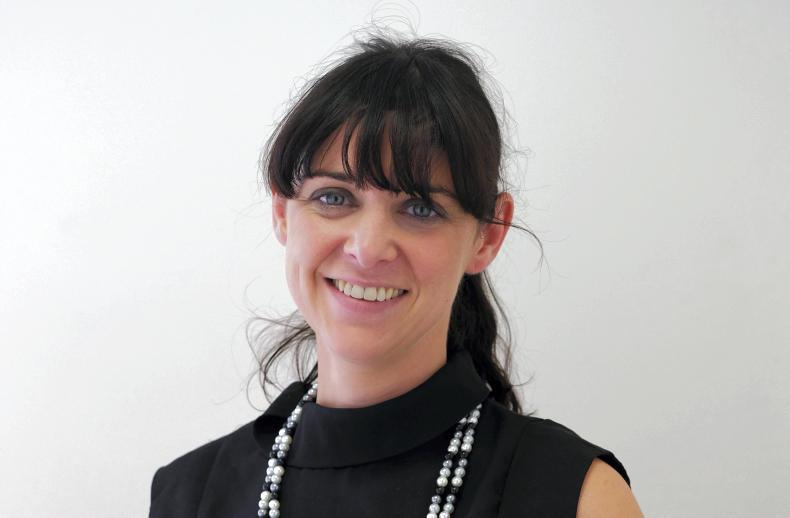I make the comparison that going away to college is a bit like having a baby” says psychologist Colman Noctor. “Everyone thinks that you are blessed with a child and you should feel wonderful and lucky, but it silences someone with postnatal depression who wants to say that this is really hard and I am struggling.”
Leaving for college this coming September poses an opportunity steeped in promise and excitement, however, it also brings about a time of great change for new college students. Away from your home comforts and daily routines, on this new adventure it is important to have essential material possessions – nonetheless, what are all of these things without a healthy mind?
Issues
According to Colman, the main issue when gearing up for college is the fact that the Leaving Cert takes up the majority of the preparation time.
“When you are doing the Leaving Cert, you become consumed with the points race and college offers. When the results arrive, students are really only left with a three- or four-week window before getting organised and ready to go.”
Whether the final destination is in Cork or Queen’s, the last few weeks in the run up to college has a tendency to be one big rush.
“The uncertainty of where you are going and the window of time to adjust is really tight,” Colman admits.
“From living independently, managing a budget, managing your own time and organisational skills, depending on how many of those skills you have developed in your teens will depend on the gap of your ability to manage it or not.”
Anxiety
As prospective students begin the walk down a similar road like many before them, one feeling seems to remain consistent every year: anxiety.
“Anxiety is the epidemic of the millennium,” instructs Colman. “It is very hard to express because you are supposed to be delighted about going to college. There is the social construction of what is there to be worried about and it silences you from saying: ‘God, I’m really worried about this.’”
Colman goes on to explain that oftentimes when he sees anxiety surfacing, it is a case of over-estimating the challenge and underestimating the person’s ability.
“We suffer a lot from anticipatory anxiety, where the anticipation of something that is going to be difficult stops us from doing it, but avoidance just creates isolation and disconnection.”
Experience
Though challenging and difficult, college can open up a whole new world of promise and positive changes. Third-level education sees individuals surrounded by a range of like-minded people, which, in many cases, isn’t available in secondary school.
“There are huge things to be gained from college. In school there is a very narrow range of person that is allowed to exist. If you go to college and want to do something like politics and science, there may not have been many like-minded people in school. You may find 10 or 15 people in college that are,” mentions Colman.
“That can be a real blossoming experience to find somewhere that you belong and find a niche. That can be a comforting and an identity-reaffirming experience – it’s priceless,” he concludes. CL









SHARING OPTIONS